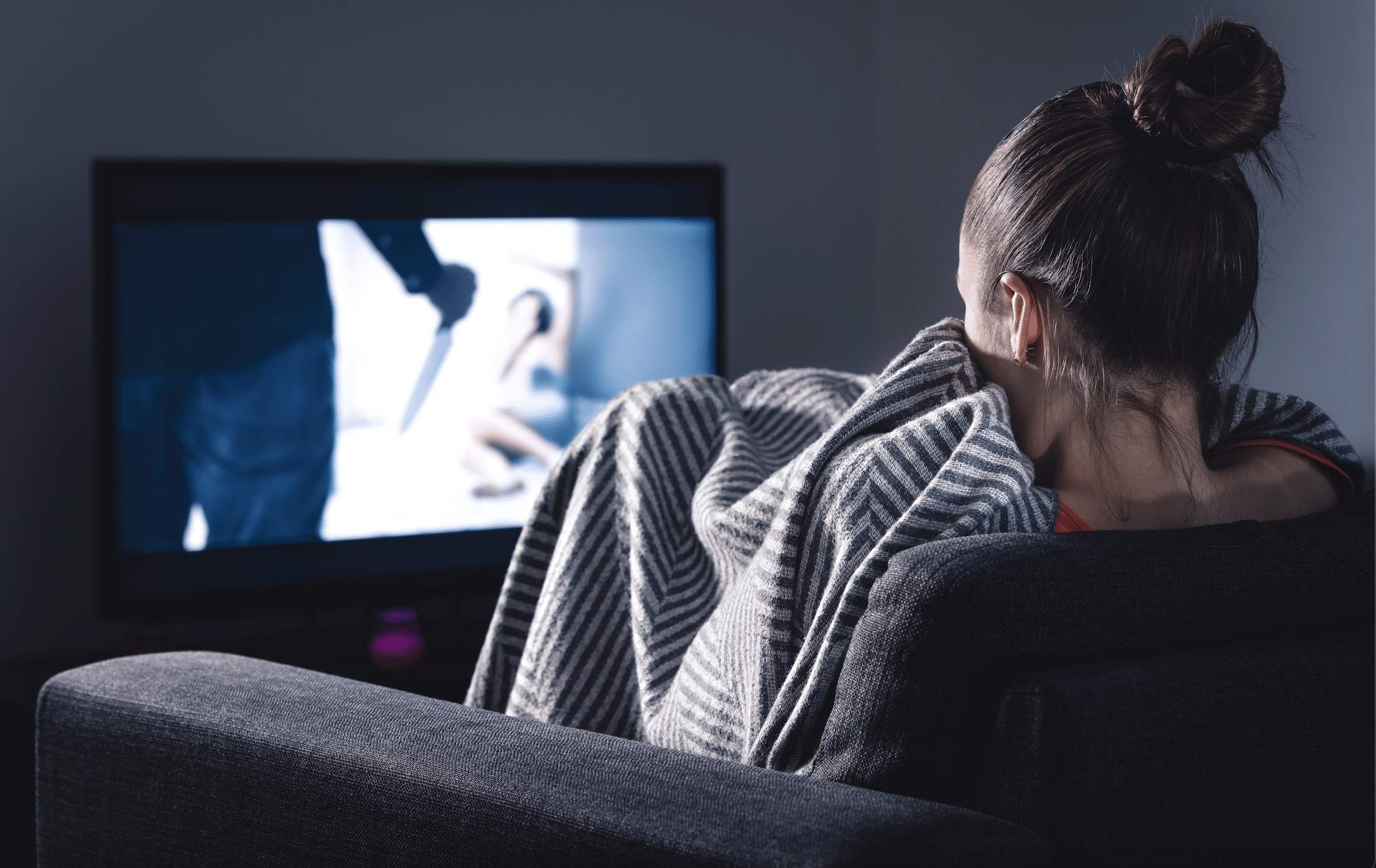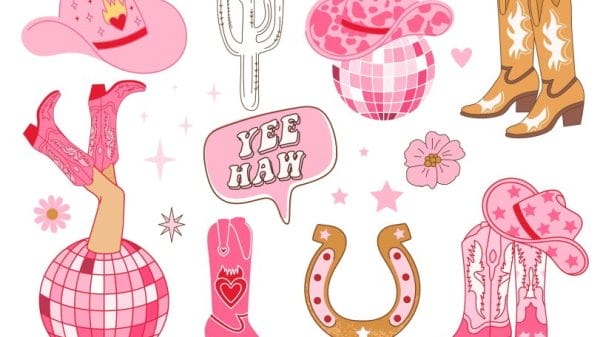The true crime genre has created a massive stir online in recent years, evidently among female viewership. Exactly what makes true crime so popular amongst women in society?
True crime, a genre that has captured the attention of audiences for years, has in recent years grown from TV series to podcasts to huge documentaries on streaming platforms. With the influx of true crime docuseries on Netflix, people, love a good mystery.
The allure of serial killers and their gruesome crimes have interestingly garnered a strong female viewership recently, with an increase of 16% in 2019, according to a study based on Spotify’s podcast metric conducted by the University of Illinois. I hardly even noticed this myself until I came across multiple, rather funny, TikToks of men being creeped out by their unflinching partners as they indulged in true crime. While it’s easy to think of women calmly lounging while they listen to some of the most horrible acts committed against people, the meaning that lies underneath stems from what could be a darker, gloomier reason.
A Lesson in Caution
One of the most popular answers that one may give when asked why women love true crime would be the learning experience that a case could provide. It’s common knowledge that most violent crimes are committed against women, with 70% of the cases between 1980 to 2010 alone being committed against them. For most women, at least a small part of them fears what lurks in the dark; predators who wait to do precisely what true crime depicts. By analyzing these shows or videos, one can have a greater understanding of what mistakes to avoid, what to do during an ordeal, and how to escape altogether. But above all, this educational value that true crime gives us comes with the inherent sense of control that has been denied to women for years.
True crime’s popularity among female viewers shows that women crave images of themselves in the media they consume. Perhaps the larger world of media should take notice and centralize the stories of women, showing them as they are: complex, interesting, and heroic.
Evan Elizabeth Hart, Nursing Clio
In recent years, true crime shows and movies have redirected their perspectives and focused more on the survivors and their stories rather than glorifying the perpetrator themselves. This allows women to take control over the narrative and use what they learn to their advantage. They get to stand up for themselves rather than be what society expects, as inspired by books like “Stay Sexy & Don’t Get Murdered: The Definitive How-To Guide.” Of course, there is the added cathartic element that comes with these ideas. The fact that its not you, even though it easily could have been allows a sense of relief. Alongside this is a chance to form a community of women who have undergone such trauma and rise together as survivors, not just victims.
A Sense of Justice
With solved true crime cases, the added positive of having a ‘happy ending’ with justice being served is somewhat relaxing. Feeling a sense of agency by being distant from the crime itself is manifested through this, reinforcing a belief that there is justice in the world. With less than 13% of women working as police officers in the United States, frequently, women fear if that would even be possible. According to study from University of Virginia economics professor Amalia Miller, an increase in female representation in law enforcement can often encourage more victims to even come forward. Hence once again, seeing a change in perspective with the true crime genre reinforces this belief that women are being heard. As stated by Rhea Gandhi in an interview:
“That sense of justice we feel at the end of a true crime film or series reflects our desire to be a part of social and legal systems that work tirelessly towards women’s safety and protection.”
Meghna Sharma, Vogue India
As seen in the Netflix miniseries, “Unbelievable,” wherein two female detectives solve a rape case initially considered ‘false reporting,’ there is a sense of empathy that comes with female viewership in true crime. The increased popularity of female-led podcasts like “Wine and Crime” or “My Favorite Murder,” where women are actively seen calling out institutions and taking upon the role of detectives themselves, instills comfort yet again. There is, a voice given to those survivors who got lost in the wrongful systemic approaches that mishandle crimes against women. Many true crime enthusiasts, therefore find themselves drawn to play detective, like Michelle McNamara, whose infamous investigation led to the arrest of the Golden State Killer. Through her fresh perspective on the case, justice was finally brought to survivors, reinstating hope for the future of women’s safety.
With this, we again go back to the video and the question that piqued my curiosity. It is clear that both men and women indulge in violent content from time to time. But is considering women who watch forty-minute YouTube videos on crime that creepy to a society that constantly threatens to hinder their agency?














